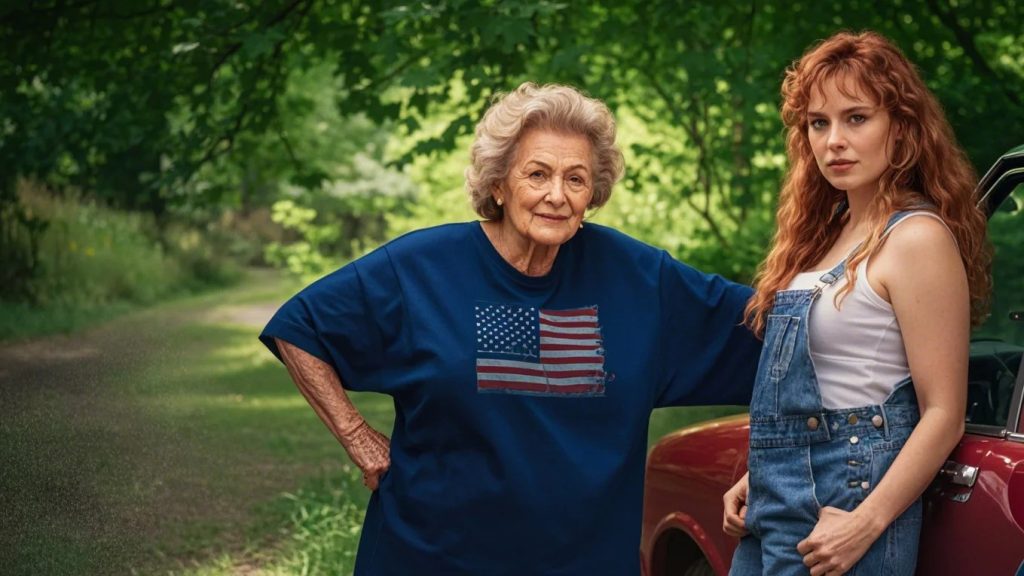
Hillbilly Elegy, directed by Ron Howard, is a drama film based on J.D. Vance’s bestselling memoir. The story chronicles the life of J.D. Vance, a Yale Law student, as he is called back to his hometown in rural Ohio due to a family crisis. Through flashbacks, the film explores his tumultuous upbringing in a working-class Appalachian family, marked by poverty, addiction, and complicated family dynamics.

The narrative delves into J.D.’s relationship with his mother, Bev, whose struggles with addiction and unstable behavior create a chaotic home environment. Bev’s erratic actions and inability to provide a stable foundation force J.D. to rely on his resilient and tough-loving grandmother, Mamaw. Mamaw becomes a pivotal figure in his life, instilling in him a sense of determination and the value of education as a means of escaping his circumstances.
As J.D. reflects on his past, the film examines themes of generational trauma, the challenges of upward mobility, and the struggle to reconcile his Appalachian roots with his ambitions. J.D.’s journey is both personal and universal, highlighting the emotional and cultural complexities of growing up in a disenfranchised community. His family’s hardships illustrate the systemic issues facing many in America’s Rust Belt.
Ultimately, Hillbilly Elegy is a poignant exploration of resilience, family, and identity. While J.D. achieves success and a new life through education, the film underscores the sacrifices and emotional toll of leaving one’s roots behind. It presents a heartfelt, if sometimes polarizing, portrayal of the struggles and triumphs of an Appalachian family striving to overcome adversity.
